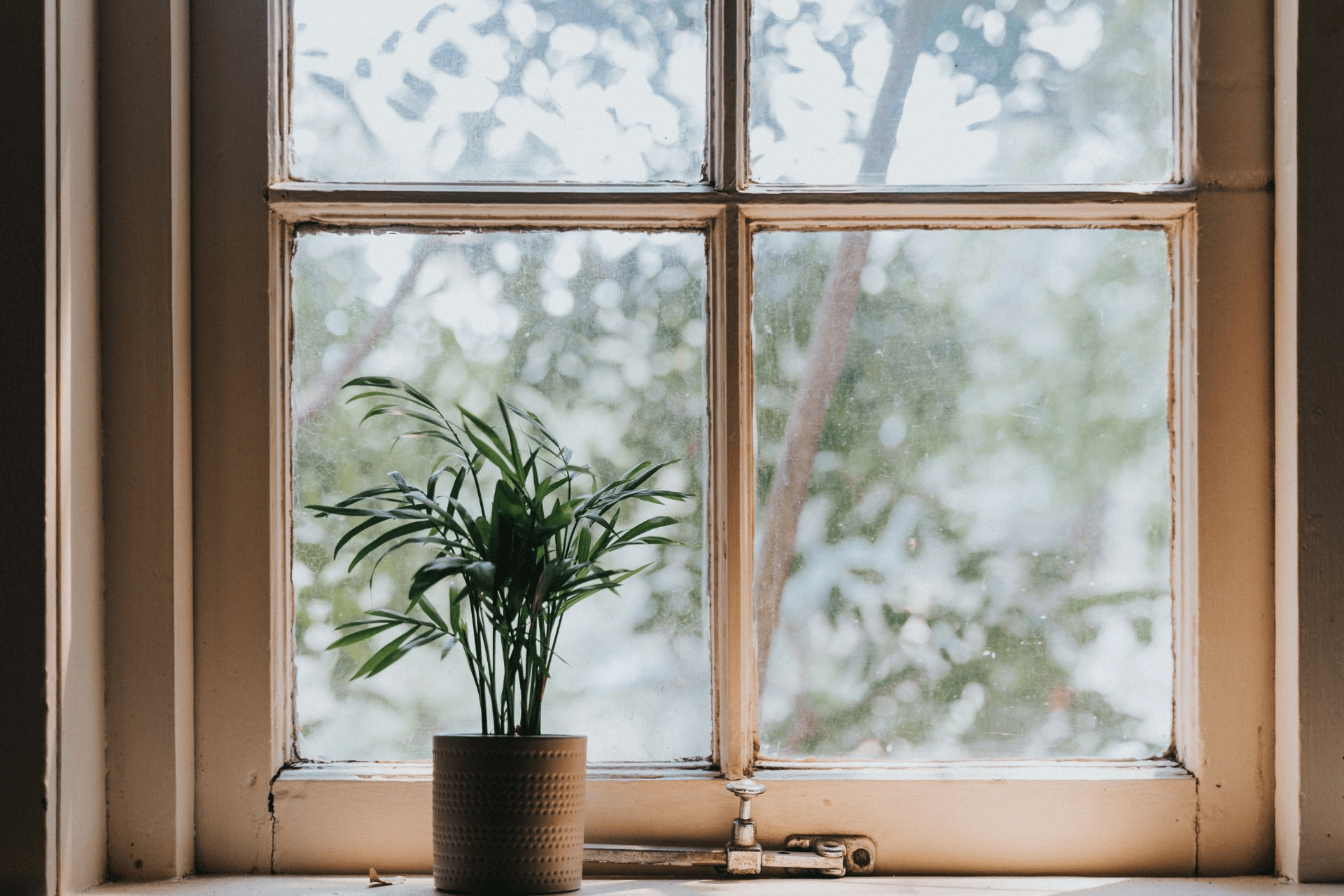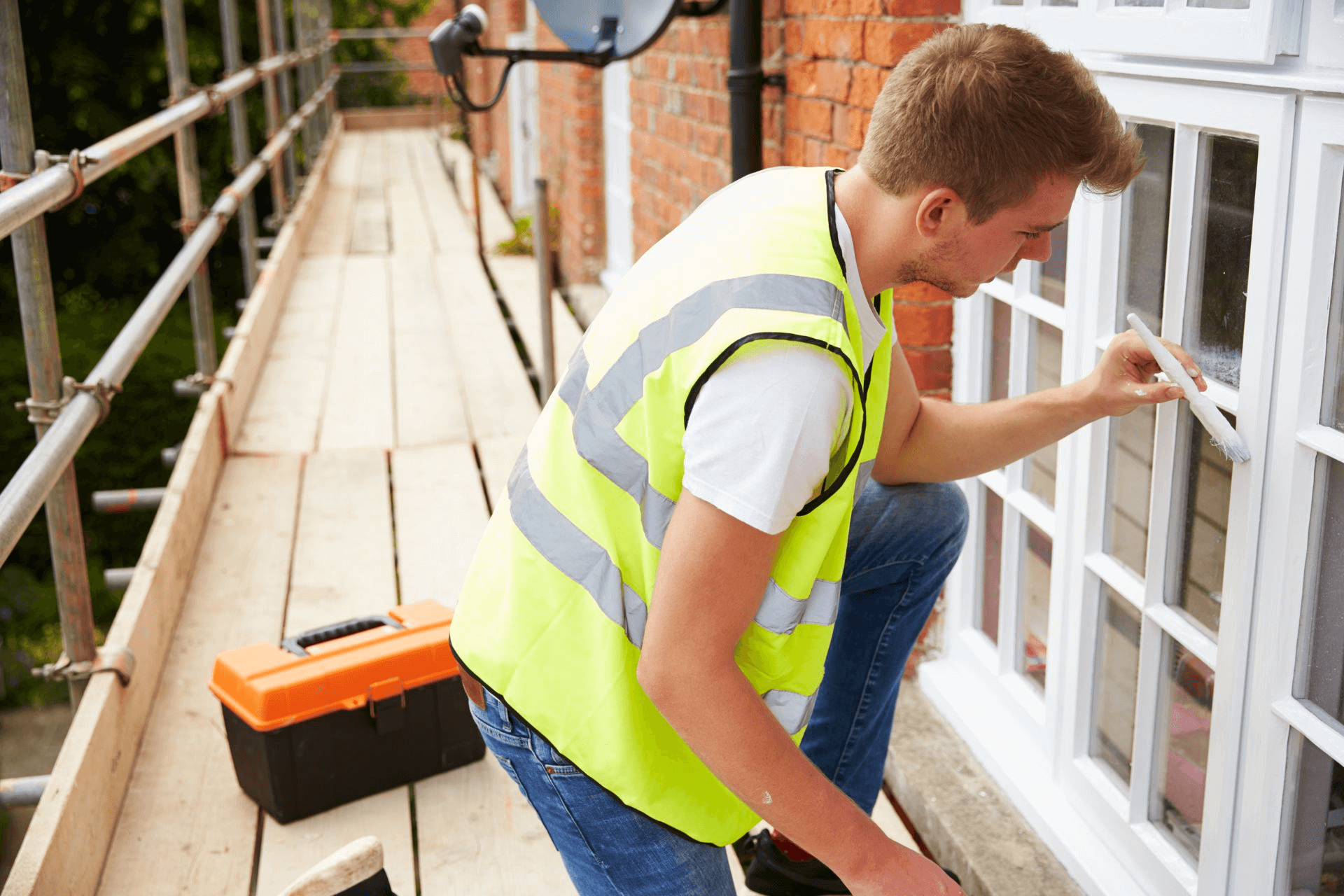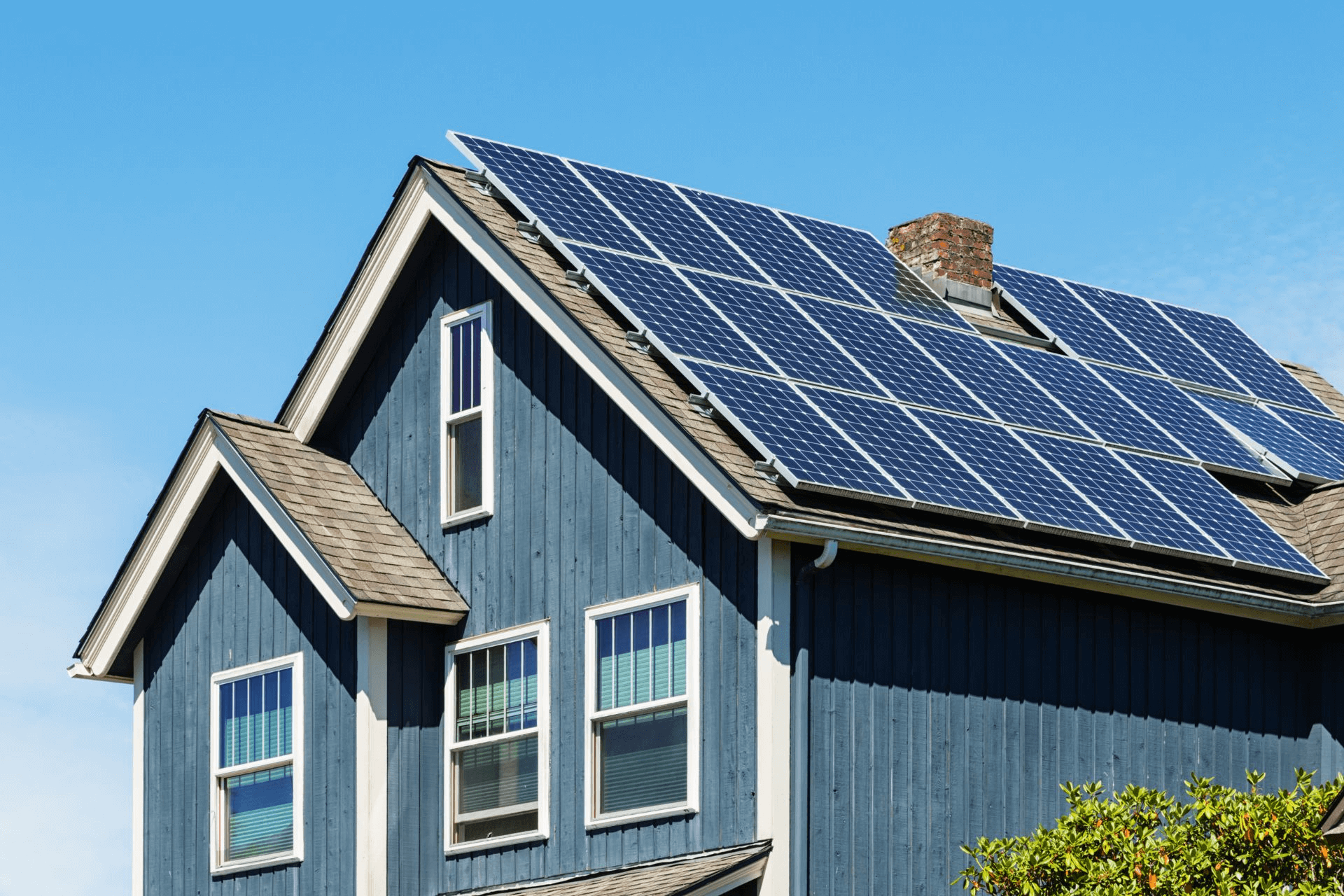
Close

Beginning the journey of purchasing a new build home, and shaping it into a space you’ll cherish, is akin to opening a new chapter in your life. When you are at this golden stage of life and pondering whether to buy a new house or not, understanding the right questions to ask when buying a new build home becomes immensely crucial, particularly when engaging with the house builder.
This guide delves beyond the basics and explores what truly matters for your dream home, involving considerations with your builder. It’s not solely about the physical structure; it’s about creating a space that feels right for you.
So, let’s navigate through this list, shaping the narrative that transforms a new build house into a home you’ll cherish, one question at a time.

When envisioning the future of your new home, imagine a space that not only provides shelter but also becomes the canvas for your dreams and aspirations.
Picture a brand new house, equipped with a reliable home warranty, serving as the backdrop for your family’s growth and adapting seamlessly to lifestyle changes.
Delve into thoughts about how this home will accommodate your evolving needs over time, creating a haven that evolves with you. Your future home is not just a physical structure; it’s a dynamic and supportive foundation for the chapters of your life yet to unfold.
Ensure the house suits your daily routines and lifestyle. Think about factors like the number of rooms, layout, and any specific features that enhance your day-to-day living.
Consider the inclusion of green space around the property, providing a refreshing and eco-friendly environment.
Identify the must-haves crucial for your happiness. Whether it’s a specific number of bedrooms, a backyard, or proximity to certain amenities, make a list of non-negotiable features.
Ensure that these features are well-maintained to avoid unexpected maintenance fees in the future.
Determine your budget to ensure it’s within your comfort zone. Consider not just the purchase price but also potential ongoing costs, ensuring financial stability.
Verify whether the management company overseeing the property has any associated fees, including considerations for ground rent.
Check for hidden costs to have a more accurate budget. Consider expenses like property taxes, homeowners association fees, and any potential renovations or upgrades.
Getting a clear understanding of these costs will give you a better idea of the overall financial commitment.
Look ahead to plan for future expenses that might come up. This could include maintenance, renovations, or additional family-related costs.
Ensure the management company provides transparency regarding future costs and responsibilities.

When assessing your new build house’s neighborhood and location, ensure it aligns with your current and future needs. Consider factors like commute, nearby schools, and amenities.
Convenient parking and exploring a nearby model home can enhance your living experience and provide insights into potential features for your property. Consider the following;
Consider the convenience of having essential amenities close by. This could include grocery stores, healthcare facilities, parks, and recreational spaces.
When buying off plan, it’s crucial to ensure that the proposed facilities align with your needs and interests.
Ensure that the community is safe and reputable. Investigate crime rates, community events, and overall resident satisfaction.
Check out our ‘best places to live in Cheshire‘ blog for advice on safe areas for your new home!
Delve into the potential growth in value for a long-term investment. Research the historical property value in the area and any upcoming developments that could impact value.
Consider how this growth in property value might positively impact your living standards over time.
Pinpoint factors that influence the future resale value.
To determine factors influencing your home’s future resale value, consider the following:
In essence, your house’s resale value is influenced not only by market trends but also by meticulous planning, shaping the enduring appeal of build houses in the market.
Examine the current trends in the local real estate market. Understand whether property values are rising or falling and how the market may influence your investment.
This knowledge will empower you to make an informed decision about your property, considering its potential appreciation or depreciation in the market.

Gain an understanding of the construction process, from laying the foundation to completing the finishing touches.
This insight helps you anticipate the various stages of building your new home, with a clear focus on the long stop completion date to ensure a realistic and achievable timeline.
Inquire about the specific materials, ensuring transparency in the quality and durability of your new home.
Understanding the building materials used gives you confidence in the construction, ensuring the longevity and integrity of your property.
Knowing when you need to pay is important. Ask the builder when they want money and at what stages of building.
This helps you plan your money better and avoids surprises. Understanding the payment schedule keeps your budget on track and avoids money issues during the home-building process.
Ask the builder if there are any special deals or discounts available. Sometimes builders have promotions or special offers.
Checking for discounts helps you save money and take advantage of any special deals that can make buying your home more affordable.
Make sure you know the actual size of the home you’re buying. Builders might give measurements in different ways. Understanding the real size helps you see if it matches what you want.
This question is important for making sure you’re happy with the space and avoiding surprises later on.
Explore environmentally friendly choices that align with your values. Energy-efficiency could be a deal breaker for you. Confirm whether the new development incorporates modern and eco-conscious practices.
Consider the following eco-friendly options:
Considering these pointers will help you make an informed decision about the eco-friendliness of the new development and ensure it aligns with your sustainability goals.

Get a sense of the overall timeframe for your new home. This information helps you plan your move and set realistic expectations for the construction process.
Pay close attention to the completion date to ensure alignment with your schedule and preferences.
Learn about the builder’s insurance coverage and how it addresses potential damages during the construction phase, including concerns related to structural defects. This information provides assurance in case of unforeseen circumstances.
Ensure your builder provides insurance with the following considerations:
These considerations empower you to make informed decisions about the protection and insurance coverage for your new home during and after the construction phase.
Discuss communication preferences with the builder to ensure effective and timely updates on the construction progress, including details about any associated management fees.
Clear communication enhances your understanding of the project and helps you plan for any additional management fees.
Gain insights into the builder’s process for obtaining permits. Understanding this ensures compliance with regulations and a smooth construction process, with clarity on an exact date for project initiation.
Inquire about the builder’s contingency plans for addressing unexpected issues or delays in construction, including how they collaborate with warranty providers.
Knowing there are plans in place provides reassurance in handling unforeseen challenges and maintaining the quality of your new home.
Hearing from people who have already experienced the builder’s service gives you valuable insights. These references can provide information about the builder’s professionalism, the quality of their work, and the overall satisfaction of homeowners who have worked with them.
It’s a great way to gauge the builder’s reputation and make an informed decision about moving forward with them for your new build home.
In crafting your dream home, the journey is paved with the questions you ask. These simple yet crucial inquiries about your long-term vision, lifestyle needs, and construction details can be the compass guiding you towards a successful new build home experience.
The thorough exploration of neighborhood considerations, property values, and construction processes empowers you to make informed decisions.
This comprehensive understanding ensures that your vision for a dream home not only takes shape but stands as a testament to thoughtful planning and a satisfying homebuilding journey.
At Elliott Construction, we provide a vast amount of home construction services and products to the North West. We build new homes in Cheshire, and our Cheshire builders are available in the following areas: